Seed protocols for Gaillardia pulchella, Phlox drummondii and Vernonia gigantea
White and gray literature, as well as anecdotal evidence, was collected to examine seed protocols for Gaillardia pulchella, Phlox drummondii, and Vernonia gigantea.
White and gray literature, as well as anecdotal evidence, was collected to examine seed protocols for Gaillardia pulchella, Phlox drummondii, and Vernonia gigantea.
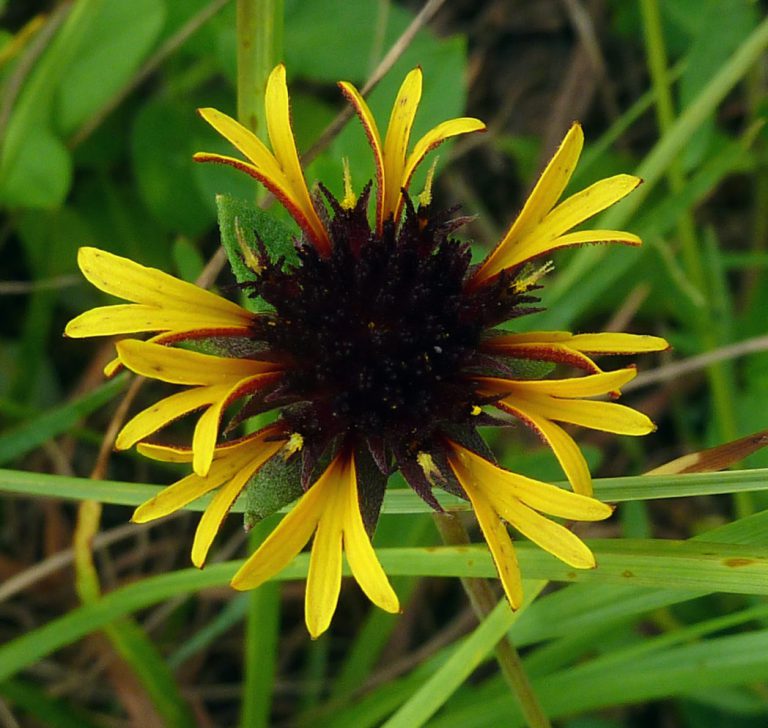
Lanceleaf blanketflower (Gaillardia aestivalis) is a short-lived perennial wildflower with compound, solitary blooms. It typically blooms in summer through early fall and attracts a variety of pollinators.
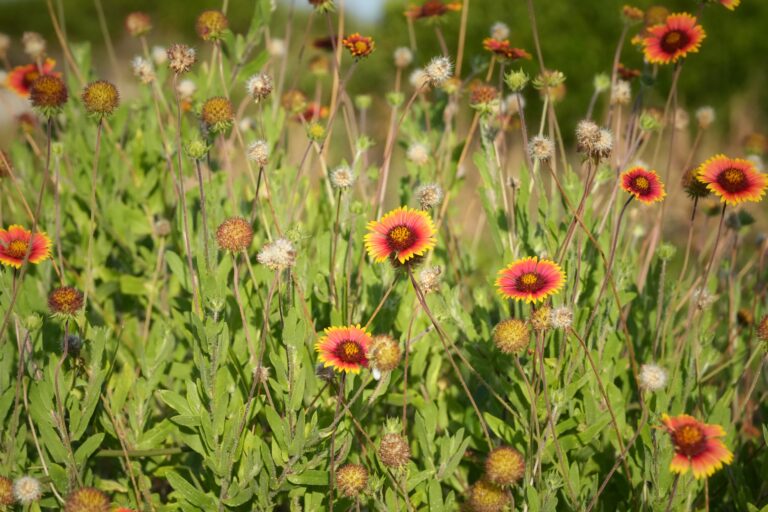
Blanketflower (Gaillardia pulchella) is an herbaceous wildflower whose brightly colored flowers attract a variety of pollinators. It typically blooms from spring into fall, but may bloom year-round.
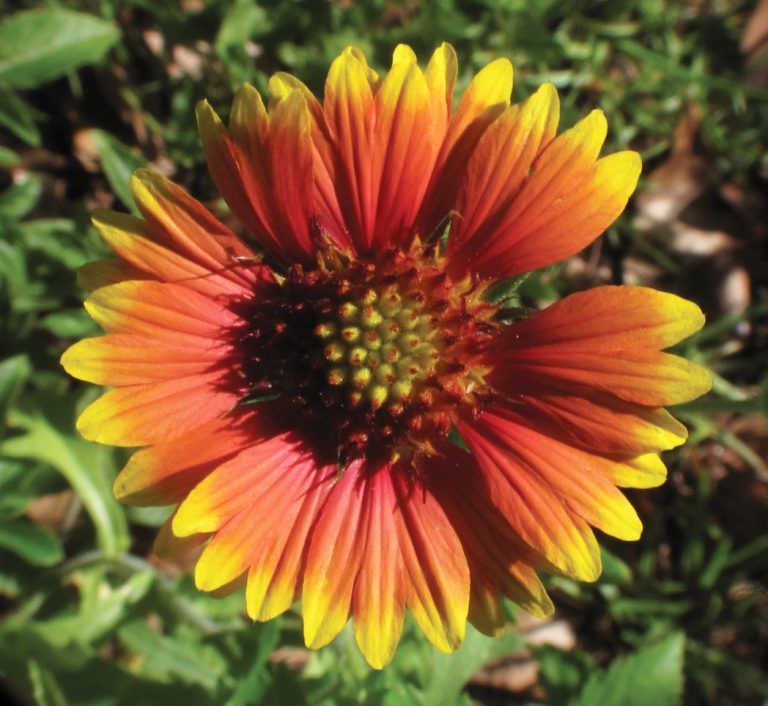
Recent research found that Gaillardia pulchella is not a native Florida species, but rather an introduced species. The news sparked many different reactions across the state. Experts weigh in on what this means for Florida gardeners.
The main goal of this study was to determine the effects of competition and mowing on native wildflower establishment on road-side right-of-ways (ROWs) dominated by bahiagrass (Paspalum notatum). The species were Flordia ecotypes of Coreopsis lanceolata, C. leavenworthii, Gaillardia puchella, and Ipomopsis rubra. Bahiagrass competition was the main factor limiting establishment of wildflowers under simulated…
Florida Department of Transportation Wildflower Program This page is hosted by the Florida Wildflower Foundation as a courtesy to the Florida Department of Transportation. Photo Gallery The photos on this page highlight the successes of the Florida Department of Transportation Wildflower Program over the past 25 years. Due to construction activities, necessary re-working of roadsides…
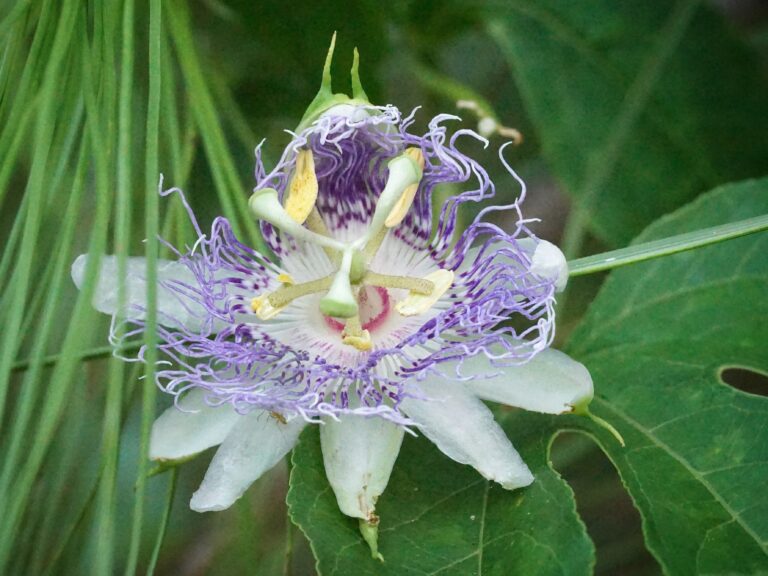
Florida’s wildflowers don’t always follow the rules. In this summer bloom report we’re featuring a few fun, weird and wonderful facts about some quirky native blooms!
Have you ever had a deer wander into your yard to dine on your landscape plants? Well, that’s what happened several years ago at a wildflower demonstration garden.
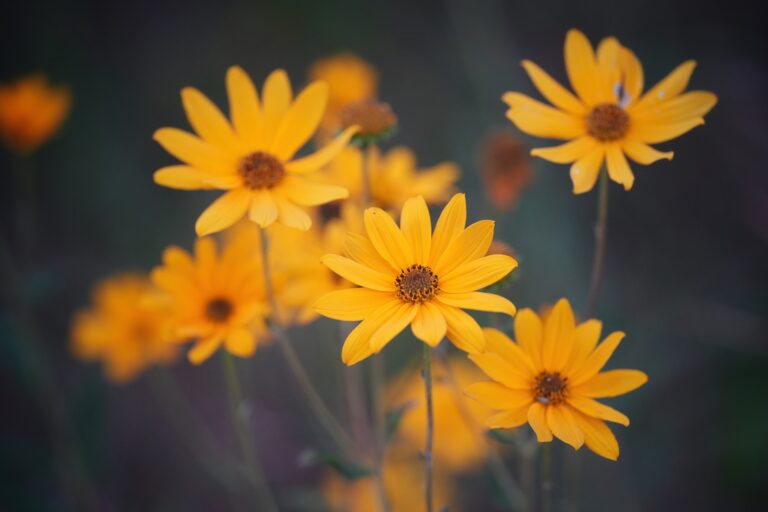
Asteraceae is the largest family of flowering plants with over 30,000 recognized species worldwide. Some of its most recognizable members include tickseeds (Coreopsis), our state wildflower, sunflowers (Helianthus) and asters (Symphyotrichum).
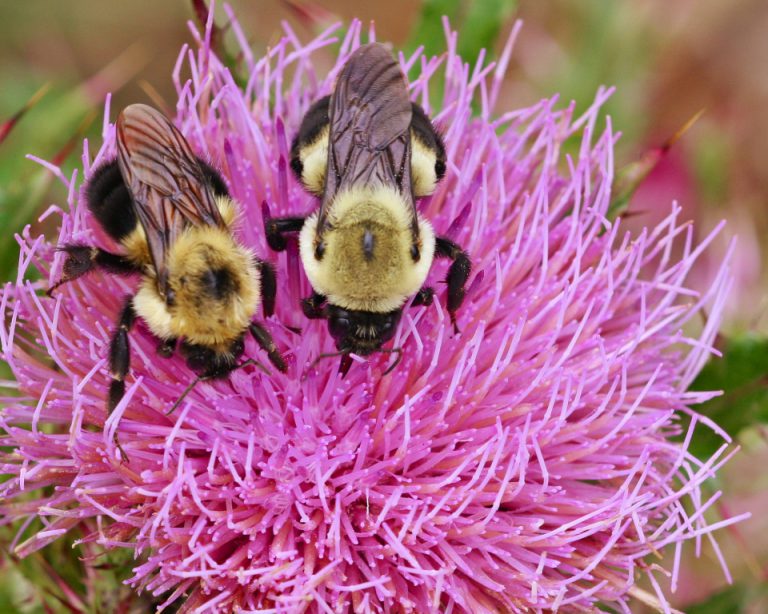
This bloom report covers spring 2020. Look for spring’s wildflower displays in wet areas and ditches. Dry-adapted wildflowers also may do well. Read our Bloom Report to find out more about what to expect.
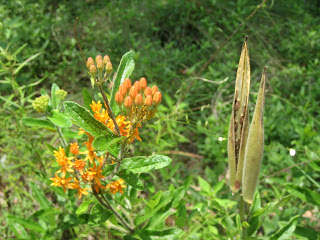
Although summer’s heat keeps many of us inside, it’s a busy time for wildflowers. Thousands of butterflies, bees, wasps and other insects visit flowers to obtain nectar.
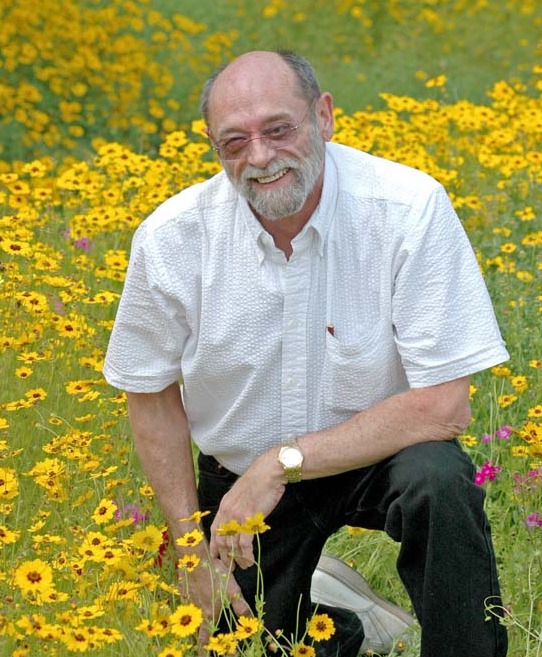
Meet Gary Henry, longtime wildflower advocate and enthusiast. Gary Henry is the former Florida Department of Transportation’s landscape architect and a founding member of the Florida Wildflower Foundation board.